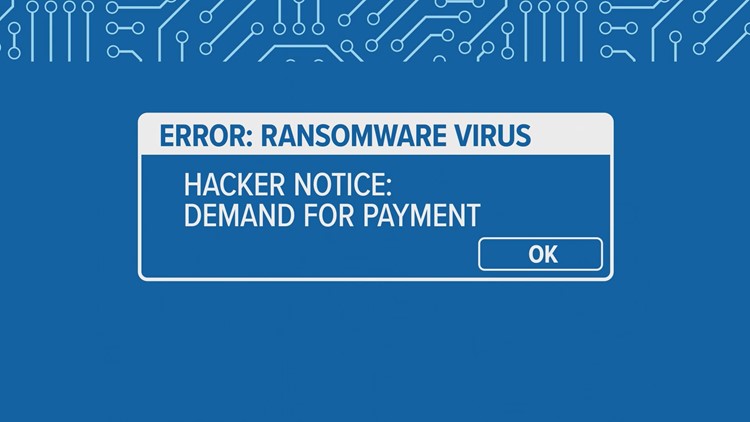Cyberattacks are becoming increasingly more common as cities and companies work to keep hackers from gaining access to their computer systems. The City of Atlanta became the latest victim of a ransomware attack that encrypted parts of their system.
The hackers demanded tens-of-thousands of dollars in bitcoin.
The Federal Trade Commission suggests potential victims take these steps if they feel their information has been compromised:
- Check your credit reports from Equifax, Experian, and TransUnion — for free — by visiting annualcreditreport.com. Accounts or activity that you don’t recognize could indicate identity theft. Visit IdentityTheft.gov to find out what to do.
- Consider placing a credit freeze on your files. A credit freeze makes it harder for someone to open a new account in your name. Keep in mind that a credit freeze won’t prevent a thief from making charges to your existing accounts.
- Monitor your existing credit card and bank accounts closely for charges you don’t recognize.
- If you decide against a credit freeze, consider placing a fraud alert on your files. A fraud alert warns creditors that you may be an identity theft victim and that they should verify that anyone seeking credit in your name really is you.
- File your taxes early — as soon as you have the tax information you need, before a scammer can. Tax identity theft happens when someone uses your Social Security number to get a tax refund or a job. Respond right away to letters from the IRS.
More information on what to do if you've been affected can be found here: identitytheft.gov.



